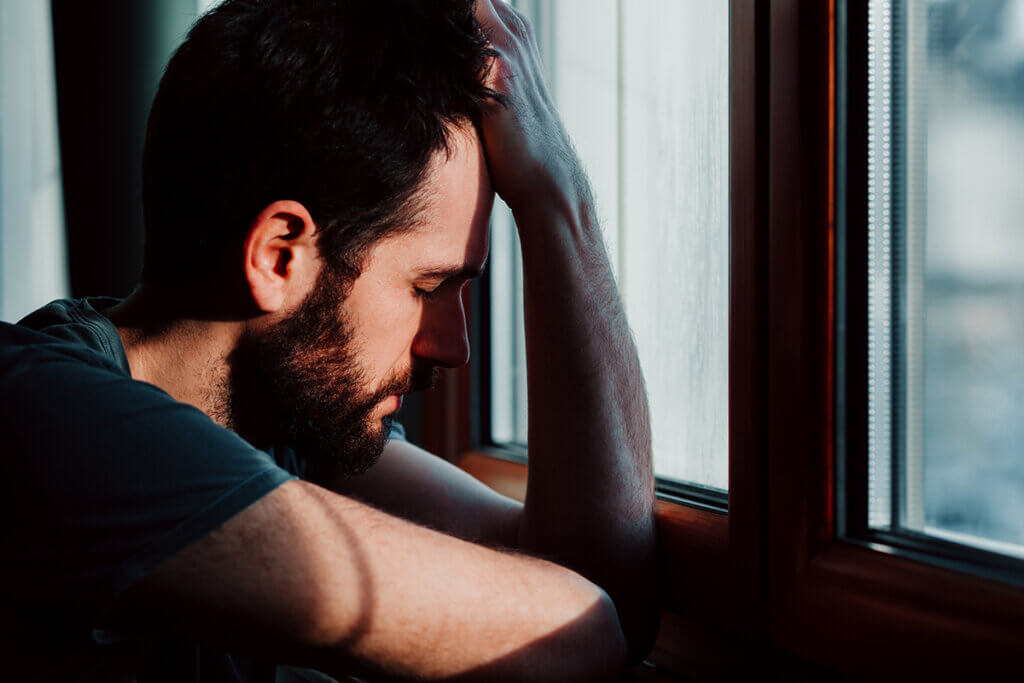How to Recognize Loneliness

At some point in your life, you’ve probably experienced brief feelings of loneliness. Especially in critical moments when you’ve lost a loved one, moved to a new city, or changed schools or jobs. In these kinds of situations, it’s normal to feel alone, but you tend to get over it over time. However, there are people who feel chronically lonely for long periods of time.
Prolonged feelings of loneliness can negatively affect health. Specialists even claim that the effect of loneliness and isolation can be as harmful as smoking 15 cigarettes a day.
Therefore, it’s vitally important to recognize loneliness so action can be taken.
Loneliness
Laura Alcock-Fergurson, executive director of the Campaign to End Loneliness, says: “Loneliness is about the level of connection you have, equal to the level of connection you want.”
Additionally, Alcock-Fergurson adds that loneliness is a bodily sensation, just like hunger or thirst, but in this case, the need is the connection with another.
We’ve all experienced loneliness and we know what it feels like. It causes feelings of deep discomfort. Consequently, it’s important to overcome it, with the creation of healthy and enriching links.

Signs of loneliness
It’s not always easy to detect the symptoms of loneliness, since not everyone experiences it in the same way. That said, those who feel lonely usually exhibit the following signs:
- Carelessness in their appearance or personal hygiene.
- Feeling ‘useless’
- Poor diet.
- Changes to their routine, such as starting to wake up much later than usual.
- Difficulty connecting with others on a deep and intimate level. They might have friends and family members, but their degree of connection with them is superficial.
- Lack of close friends or ‘best friends’. They also might feel like nobody really understands them.
- Deep feelings of isolation which is evidenced in their behavior. For example, in a meeting with many people, at work or at school, they might separate themselves and disconnect from the rest. It’s like they’re in their own unbreakable bubble.
- Feelings of insecurity and low self-esteem. They may feel that they’re not good enough.
- Tiredness or fatigue when they try to socialize.
Causes of loneliness
There are many reasons for feeling lonely. The experience often depends on the stage of life, personality characteristics, and personal experiences.
For example, an older person is more likely to feel lonely because they’re grieving the death of their longtime partner. On the other hand, it’s more common for a young person to feel lonely when moving to another city to attend university.
Alcock-Fergurson affirms that there are different types of loneliness. For instance, you suffer emotional loneliness when you miss the company of a particular person. However, if you want a connection with a larger group of people, you might be experiencing social loneliness.

Solving feelings of loneliness
Loneliness has been linked to depression, sleep problems, high blood pressure, psychological stress, and other mental health problems. Therefore, it’s essential to deal with it.
The mental health charity, Mind, recommends that people who feel lonely should take up an activity they can share with a group. Ideally, it should correspond to a hobby that interests them.
This means they’ll come into contact with people with similar tastes. A couple of examples are cooking or dance classes. In addition, there are many apps aimed at helping people find friends.
If you think that a loved one is lonely, the most appropriate solution is to talk to them. Try to strike up a conversation and find out how they feel. This will also be an opportunity to connect with them and help them not to feel so alone.
Finally, if you feel that your efforts haven’t been successful, try and encourage them to attend psychological therapy. There, they’ll be able to work on their problems and put an end to their loneliness.
All cited sources were thoroughly reviewed by our team to ensure their quality, reliability, currency, and validity. The bibliography of this article was considered reliable and of academic or scientific accuracy.
- Lagarde, M. (2012). La soledad y la desolación. Consciencia y Diálogo Anales sobre temas de Ciencias Humanas.
- Montero, M., Lena, L., & Sánchez-Sosa, J. J. (2001). La soledad como fenómeno psicológico: un análisis conceptual. Salud mental, 24(1), 19-27.
This text is provided for informational purposes only and does not replace consultation with a professional. If in doubt, consult your specialist.








